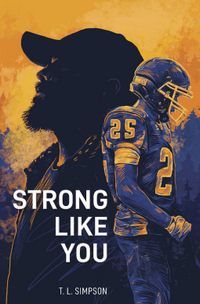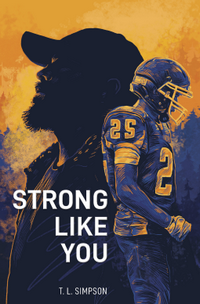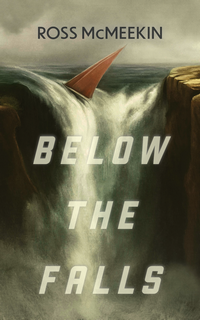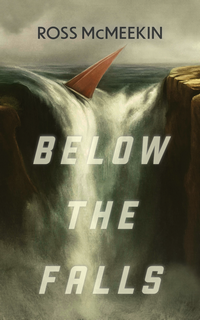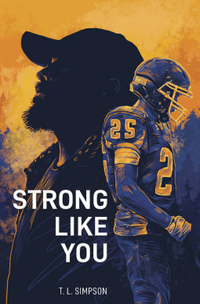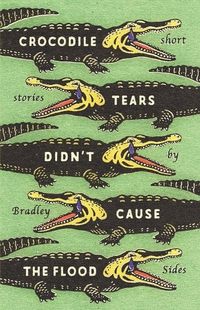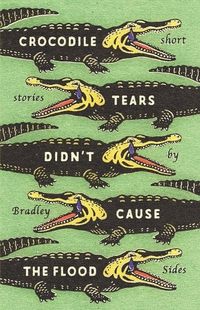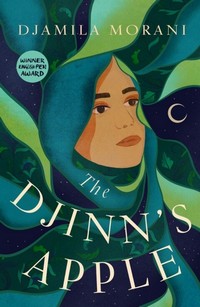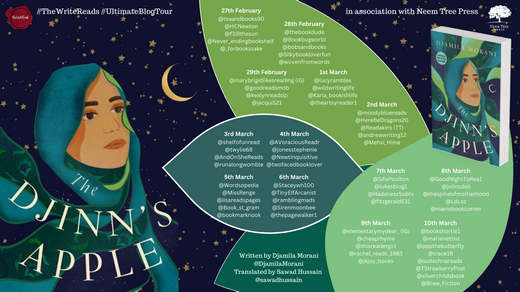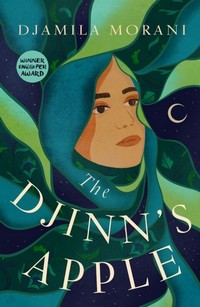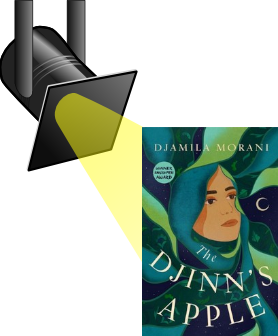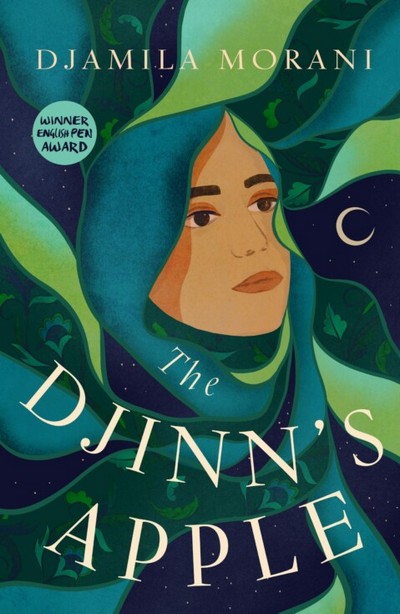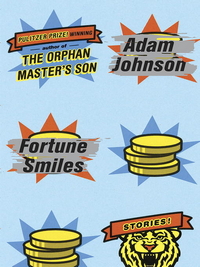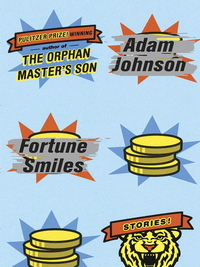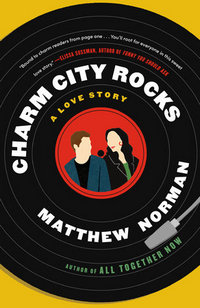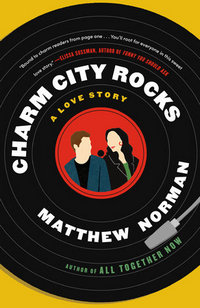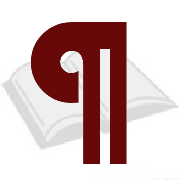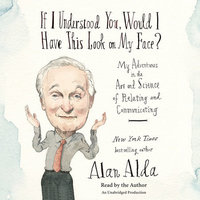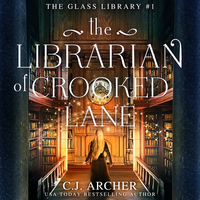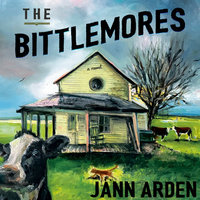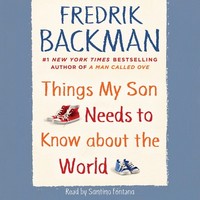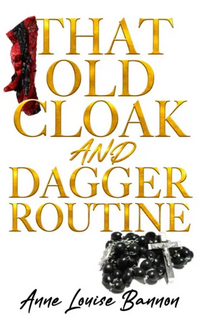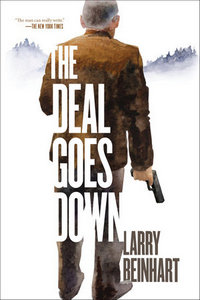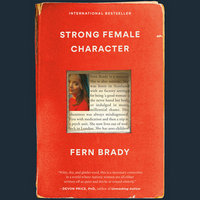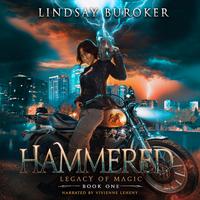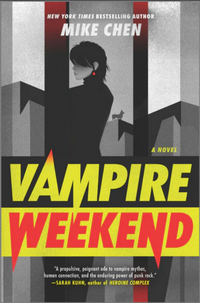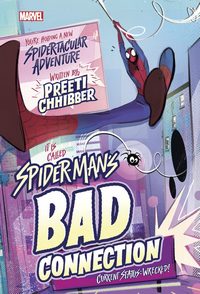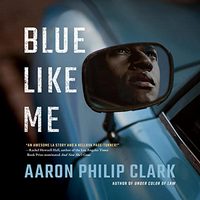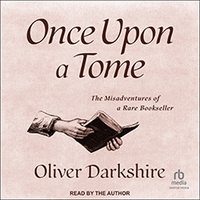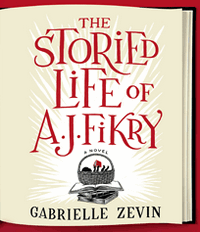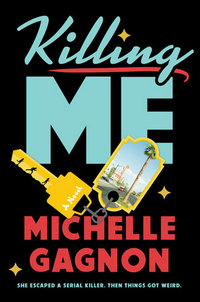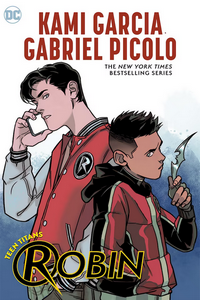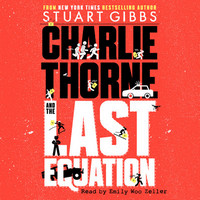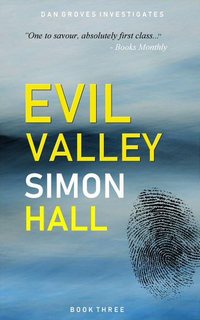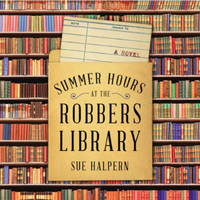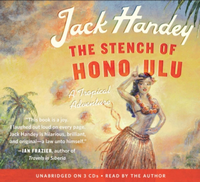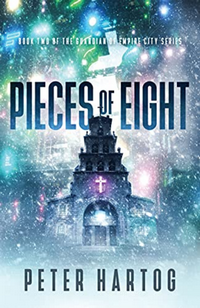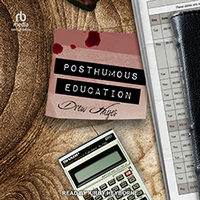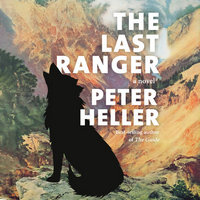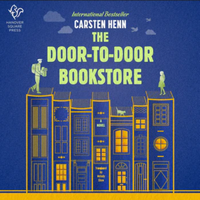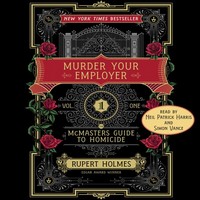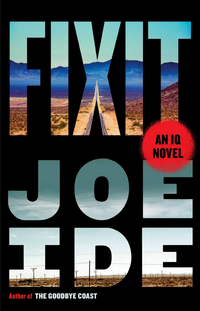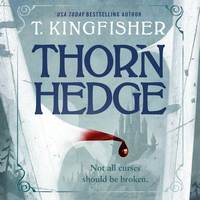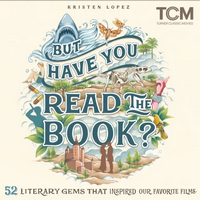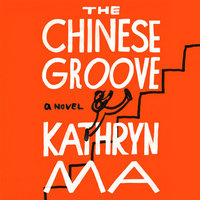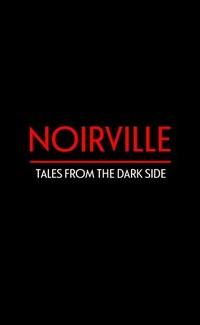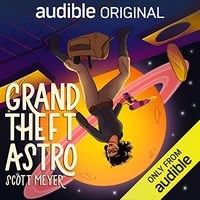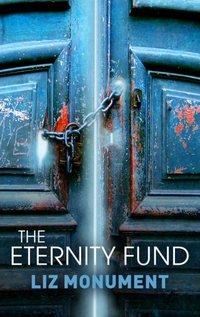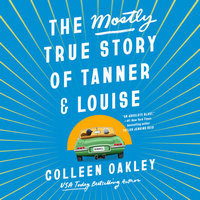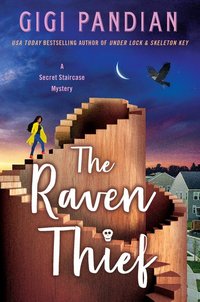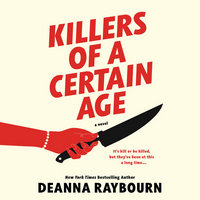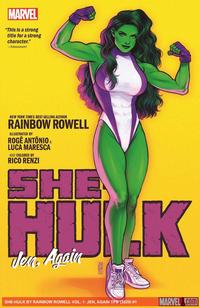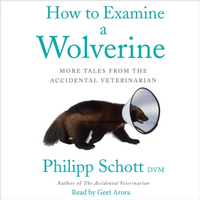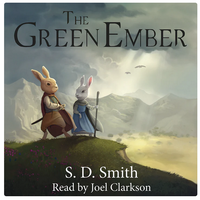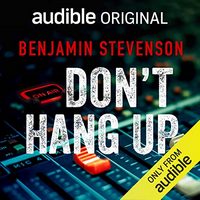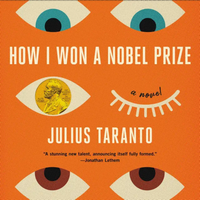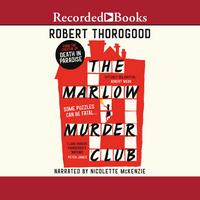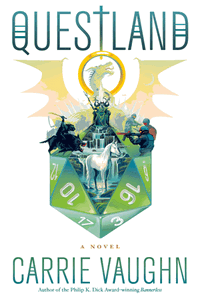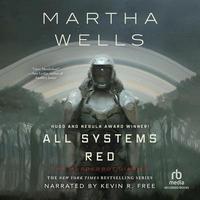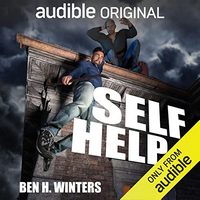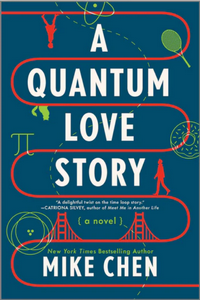 A Quantum Love Story
A Quantum Love Story
by Mike Chen
DETAILS: Publisher: Mira Books Publication Date: January 30, 2024 Format: Hardcover Length: 346 pg. Read Date: February 14-17, 2024

…it’s never changed. Nothing does.” Their eyes met, a sudden weariness to his pupils. “Except me.”
“And now me.”
“Yeah. It’s…” he bit his lip “…nice to not be alone. Everyone’s living their lives, and I’m just here.” He turned, the light catching his eyes enough to show a glisten. “It’s almost like playing a video game. You can do a few things differently, but everyone just returns back to start. You can scream and yell at the world, but everything snaps back. No one is aware. They just resume their lives. And then it repeats.” He bit his lip again, eyes scrunched as he shook his head. “It just repeats. Nothing matters. Nothing changes.”
What’s The Jacket Copy Say?
I’ve spent a month tossing out my summaries of the plot/setup to the book. I give up—I either make this bland (and that’s a crime), I get too detailed in trying to describe something (another crime, I’m dull at it, and Chen’s not), or it’s so sketchy on details that it’s pointless. So, let’s turn it over to the professionals:
Grieving her best friend’s recent death, neuroscientist Mariana Pineda’s ready fo give up everything to start anew, even her career—after one last week consulting at a top secref particle accelerator.
Except the strangest thing happens: a man stops her…and claims they’ve met before. Carter Cho knows who she is, why she’s mourning, why she’s there. And he needs Mariana to remember everything he’s saying.
Because time is about to loop.
In a flash of energy, it’s Monday morning. Again. Together, Mariana and Carter enter an inevitable life, four days at a time, over and over, without permanence except for what they share. With everything resetting—even bank accounts—joy comes in the little moments: a delicious (and expensive) meal, the purr of a tiny cat, a tennis match, giving a dog his favorite treat.
In some ways, those are all that matter.
But just as they figure out this new life, everything changes. Because Carter’s memories of the time loop are slowly disappearing, And their only chance at happiness Is breaking out of the loop—forever.
The Everyday Lifeness of it All
Mariana is not good at living in the day-to-day. She’s always been goal-driven, more focused on her dreams and plans and how to achieve them than about enjoying the journey. Her friend’s death has rattled her, yes, but she’s still essentially the same.
Carter, on the other hand, is great at living in the moment. Sure, he was (and could be again) good at the goal-driven life, too—but he chose a path his parents didn’t choose for him. He’s able to get Mariana to stop and smell the metaphorical roses–as well as the literal food in front of her. He shows her how to enjoy a good meal for the sake of a good meal, to take pleasure in the little things—not just to consume enough fuel to keep her going.
In the midst of trying to figure out what caused the time loop, what the effects of that flash of energy that sends them back to Monday are on the rest of the world, and how to stop it all, a real friendship develops—Carter and Mariana bringing out the best in each other.
The Groundhog Day/Time Travel
Now, if Chen’s Here and Now and Then taught us anything, it’s that Chen can write good Time Travel fiction—he gets the strengths and weaknesses of the ideas, the pitfalls to avoid, the way to keep it compelling. Adding in a Groundhog Day-like twist doesn’t change that, it just makes it better (and keeps this from being just a variation on his first novel).
This is a different kind of Time Travel than his previous book—and (as always) Chen gives us just enough of the science to make it believable, but not so much that you could go out and test it (or pick it to death in the details). The Time Travel aspect is important, but it’s not the core of the novel—that’s the stuff I talked about before.
What I personally found fascinating is how close Chen’s science-ish Time Travel resembled Gareth Brown’s magic-ish Time Travel, both in how it works and how it’s used. Two very different novels, with very different goals—but the overlap is fascinating. (at least to me)
So, what did I think about A Quantum Love Story?
I probably grinned through most of this book—particularly after the first loop for Mariana. I absolutely loved the friendship between the two—and then when it started to become more (not a spoiler, it’s literally the title), I was fully on board.
Chen was at his best here with his character design (the whole backstory about Mariana and her dead friend was so good…the kind of thing that other writers would devote a whole novel to) and the plot of the novel was even better. The best material happens so late that I don’t even know how to tell you about it without spoilers abounding—so I’ll be vague, once Carter’s memories start going, what was a great, heart-warming yet strange story becomes a dynamite emotionally-rich story with some of crazy turns.
No surprise for anyone who’s ever heard me talk about Mike Chen novels for the past six years—I strongly recommend that you pick this up. It’ll be one of those novels you relish and think about fondly for a long time to come.

This post contains an affiliate link. If you purchase from it, I will get a small commission at no additional cost to you. As always, the opinions expressed are my own.
![]()



